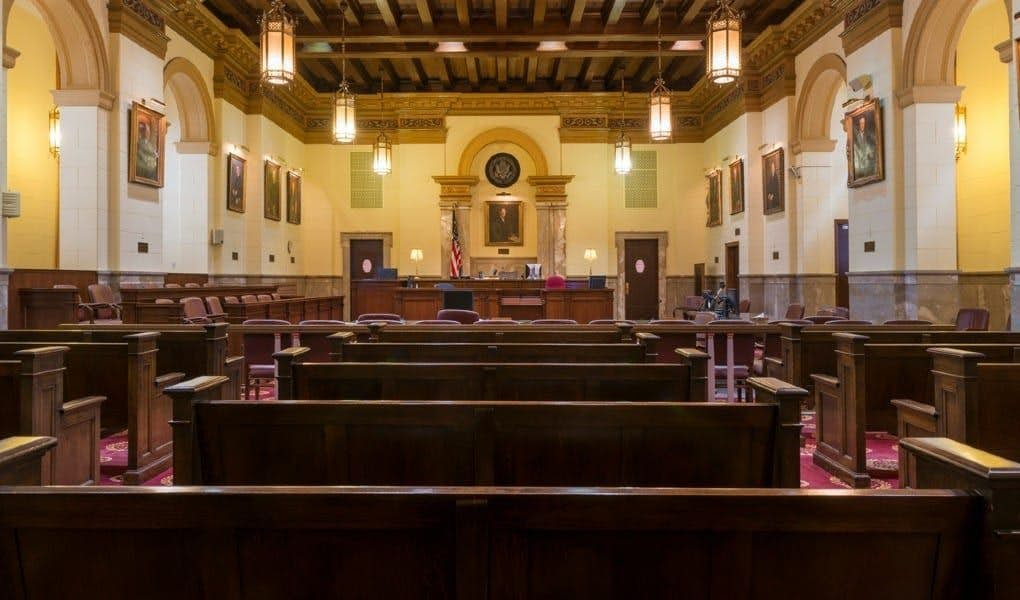Pennsylvania Supreme Court adopted amendments to Pennsylvania’s Rules of Civil Procedure regarding venue in medical professional liability cases. Medical malpractice defense attorneys fear the change could result in venue shopping.
Brief History of Venue in Medical Liability in Pennsylvania
Prior to 2002, the Pennsylvania Supreme Court’s Rules of Civil Procedure provided, in pertinent part, that an action against an individual may be brought in the county (1) where the individual may be served; (2) where the cause of action arose; or (3) where a transaction or occurrence took place out of which the cause of action arose. In cases brought against corporations, claimants had even more venue options. The conditions at this time were particularly precarious for medical professionals. Medical professionals saw plaintiffs engage in venue shopping for more favorable juries and awards, which resulted in increased insurance rates.
In response to the challenges the state’s medical professionals faced, the Pennsylvania legislature investigated reform measures. This included changes to venue rules for medical professional liability actions. The result was the 2002 Medical Care Availability Reduction of Error Act (MCARE Act). The Act established a commission to study the issue of venue. The commission decided that venue for medical professional liability claims should be limited to filings in the county in which the cause of action arose. The commission’s recommendation went into law in 2002. In 2003, the Pennsylvania Supreme Court entered an order amending its rules
However, in 2018, the Pennsylvania Supreme Court published a proposed amendment to the 2002 venue rule. The court explained that the 2002 venue rule for medical professional liability actions unfairly privileged a particular class of defendants. This resulted in a significant decrease in medical malpractice claims.
The Groundwork That Led to the Change
Based on the court’s proposal, the Legislative Budget and Finance Committee studied the impact of the venue on malpractice actions. The study was largely inconclusive. However, the committee noted that patients involved in medical malpractice claims endured substantial injuries that lessened their quality of life. The committee also noted that the patients often required permanent medical care and assistance in activities of daily living. Ultimately, the committee concluded that there was no justification for the continued disparate treatment of victims of medical malpractice as it pertains to the venue.
Prior to the committee’s study, trial lawyers had long argued that limiting plaintiffs when it comes to the venue provided an unfair advantage to medical professionals for several reasons. Trial lawyers and claimants contend that juries in conservative and rural counties can be less friendly to malpractice claimants. Additionally, in smaller counties, medical professionals are often well-known and viewed more sympathetically. As a result, these juries award lower amounts to plaintiffs.
Amended Venue Rule and Potential Impact
On August 25, 2022, based upon the committee’s study and conclusions, the Supreme Court of Pennsylvania overruled a two-decade-old ruling. The court then adopted amendments to the Pennsylvania Rules of Civil Procedure governing venue in medical professional liability actions. The amendment returns the rules regarding the venue to its pre-2002 status. The new rule governing venue in actions for medical professional liability takes effect on January 1, 2023. The new rule provides that a medical malpractice claim brought against a health care provider is subject to the same rules as other types of civil litigation.
This ruling will likely have significant impacts on medical professional liability claims. For example, now that a claimant has more flexibility in choosing where to bring an action, medical malpractice attorneys and healthcare professionals are concerned that claimants will venue shop. Venue shopping will enable claimants to bring actions in cities where the jury pool may be more sympathetic to patients and award higher payouts. The potential increase in the number of actions and awards may lead to skyrocketing insurance premiums, as was seen pre-2002. Conversely, plaintiffs’ attorneys believe the change is necessary to create a fairer system for patients.




